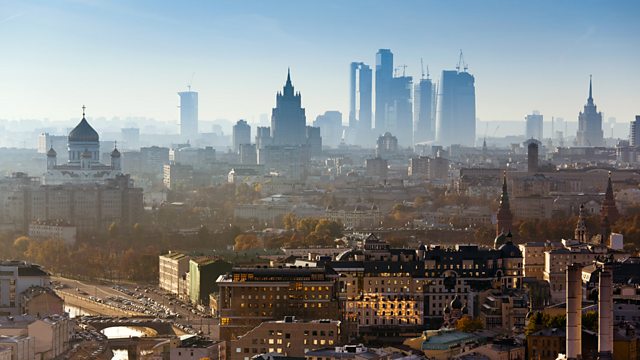
The Downtrodden Serfs
Russia needed a huge peasant class to work the land, but as the 19th century came to an end, pressure for reform was becoming intense.
Over 700 years successive Tsars had extended the grip of Russia on new territory. The Empire needed a huge peasant class to work the land, and out of this need came the underdog of Russian society - 17 million serfs, or, as they were also called, souls. The plight of the serf pricked the conscience of the Russian intelligentsia, and for writers they were a fact of life that in the 19th century became a cause.
As pressure for change mounted, this programme traces the role serfdom has played in the history of Russia. As early as Kievan times in the 11th and 12th centuries, slaves were a valuable commodity. In many ways serfdom had been a relatively benign arrangement between landowner and peasant - and despite the many stories of brutality, the music that emerged is surprisingly joyful. "The inherited willingness to pull together in the face of shared problems helped the nation expand into an empire and defend itself against its enemies," argues Martin Sixsmith. "But it also hindered the development of private property, political freedoms and the law-governed institutions that Western Europe was beginning to take for granted."
In the 19th century serfdom had developed into the worst form of slavery and by the 1850's abolition was under serious discussion in Russia and America. An emerging Russian intelligentsia expressed their own guilt over the horrors of serfdom. But unpicking centuries of class division would have to wait for the 20th century before it erupted.
Historical Consultant: Professor Geoffrey Hosking
Producers: Adam Fowler & Anna Scott-Brown
A Ladbroke Production for BBC Radio 4.
Last on
More episodes
Broadcast
- Mon 9 May 2011 15:45BBC Radio 4
